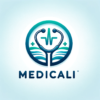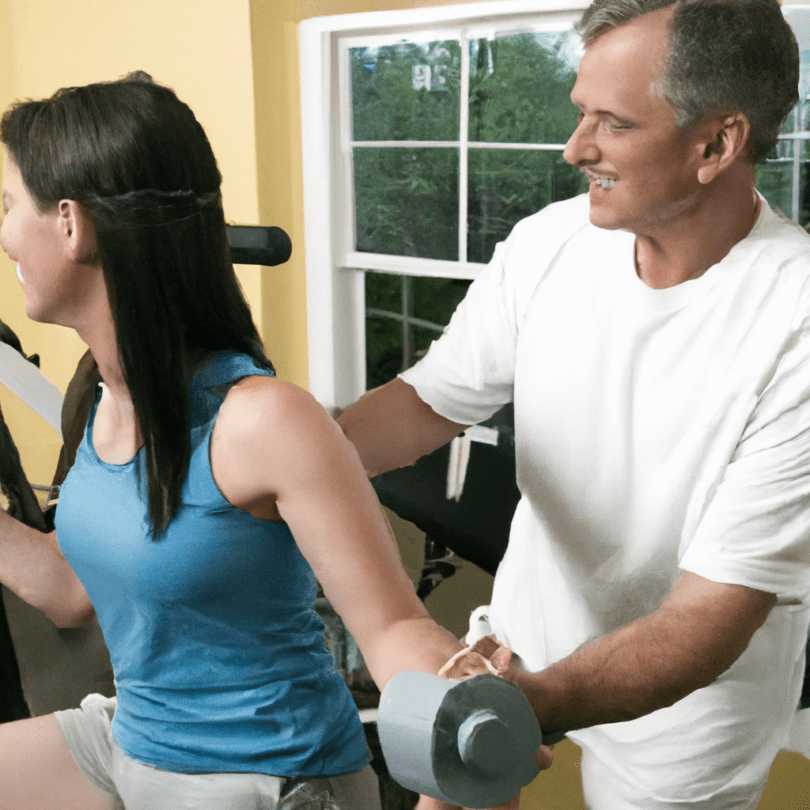The Road to Recovery: Unlocking the Power of Rehabilitation Therapies for a Life Transformed
Facing an injury or illness that affects our physical or cognitive abilities can often feel like an insurmountable challenge. The road to recovery may seem long and arduous, but with the right resources and guidance, it is possible to achieve a life transformed. Rehabilitation therapies play a crucial role in helping individuals regain their independence, restore vital functions, and rebuild their lives. In this blog post, we will explore the power of rehabilitation therapies and the positive impact they can have on one’s journey towards recovery.
Physical Rehabilitation Therapies
Physical rehabilitation therapies focus on restoring physical strength, mobility, and function after an injury or illness. These therapies are designed to help individuals regain their ability to perform daily activities, such as walking, dressing, and grooming. Physical therapy, occupational therapy, and speech therapy are some of the key components of physical rehabilitation.
Physical therapy utilizes exercises, manual techniques, and specialized equipment to improve strength, flexibility, balance, and coordination. It aims to reduce pain, enhance mobility, and promote the overall well-being of individuals. Whether it’s recovering from a sports injury, stroke, or surgery, physical therapy can significantly improve one’s quality of life by strengthening muscles, retraining movement patterns, and facilitating faster healing.
Occupational therapy focuses on assisting individuals in regaining skills needed for daily living and returning to work or school. Occupational therapists work on improving fine motor skills, cognitive abilities, and adaptive techniques to ensure individuals can engage in meaningful activities independently. This therapy empowers individuals to regain control over their lives and participate in the activities they value most.
Speech therapy is crucial for individuals who have difficulty speaking, swallowing, or comprehending language due to conditions such as stroke, brain injury, or neurological disorders. Speech therapists employ various techniques and exercises to restore speech and language abilities, as well as improve swallowing function. This therapy not only enhances communication skills but also ensures individuals can enjoy a nourishing and fulfilling diet.
Cognitive Rehabilitation Therapies
Cognitive rehabilitation therapies focus on improving cognitive functions such as memory, attention, problem-solving, and decision-making. These therapies are beneficial for individuals who have experienced brain injuries, strokes, or neurological conditions that affect cognitive abilities. Cognitive rehabilitation aims to restore independence, enhance productivity, and improve overall cognitive well-being.
Cognitive behavioral therapy (CBT) is a widely used approach in cognitive rehabilitation. It involves identifying and modifying negative thought patterns and behaviors to improve emotional well-being and cognitive functioning. CBT equips individuals with strategies to cope with challenges, develop positive habits, and regain control over their lives.
Neurofeedback therapy is another effective technique used in cognitive rehabilitation. It involves monitoring and training brainwave patterns to improve attention, focus, and cognitive performance. By providing real-time feedback on brain activity, individuals can learn to self-regulate their brain functioning and optimize their cognitive abilities.
Virtual reality (VR) therapy has emerged as a powerful tool in cognitive rehabilitation. VR environments can be tailored to simulate real-life situations and challenges, allowing individuals to practice everyday tasks, improve concentration, and enhance decision-making skills in a controlled and supportive environment.
The Power of Rehabilitation Therapies
Rehabilitation therapies have the power to transform lives by empowering individuals to regain their independence, functionality, and overall well-being. By providing tailored interventions, these therapies address specific challenges faced by individuals, ensuring a holistic approach to recovery.
Beyond physical and cognitive improvements, rehabilitation therapies also offer emotional and psychological benefits. The journey towards recovery can often be emotionally challenging, and rehabilitation therapists play a vital role in providing emotional support, motivation, and encouragement throughout the process. By fostering a positive and supportive environment, rehabilitation therapies inspire individuals to reach their fullest potential.
It is essential to remember that the road to recovery is unique for each individual. Rehabilitation therapies are personalized to meet the individual’s specific needs, goals, and circumstances. With dedication, perseverance, and the support of skilled rehabilitation professionals, anyone can embark on a transformative journey towards recovery.
In conclusion, rehabilitation therapies are instrumental in unlocking the power of recovery and facilitating a life transformed. Whether it’s physical rehabilitation therapies focusing on mobility and function or cognitive rehabilitation therapies addressing cognitive abilities, these interventions offer a path towards independence, improved quality of life, and a renewed sense of purpose. The road to recovery may be challenging, but with the right commitment and resources, individuals can truly transform their lives and achieve a brighter future.

